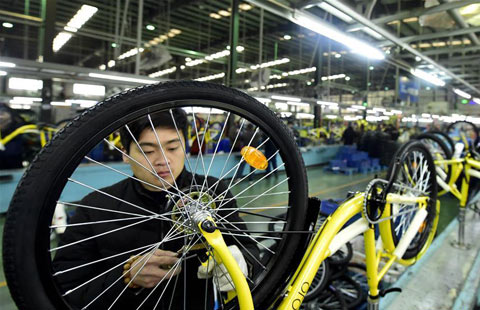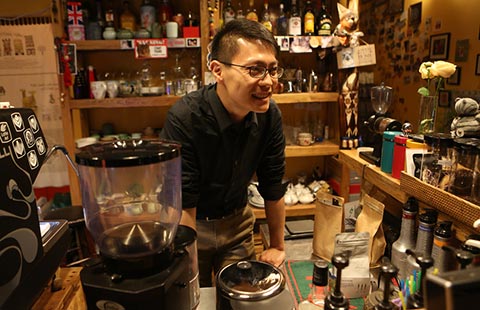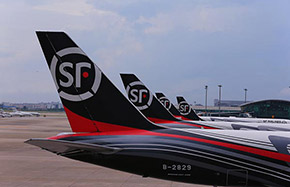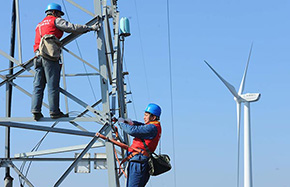Agricultural wholesalers boosted by relocation out of Beijing
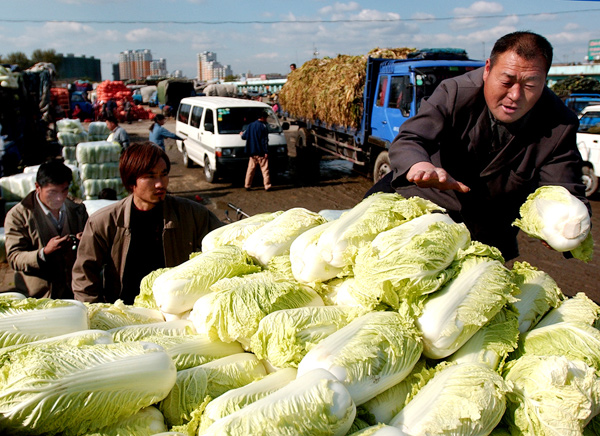 |
|
View of Xinfadi vegetable wholesale market in Beijing, Nov 1, 2004. [Photo/VCG] |
Agreements on 10 relocation and investment projects, worth 31.2 billion yuan ($4.5 billion), were signed at a financial capital matchmaking symposium between 200 Beijing-based companies and 30 development zones in Tianjin and Hebei province.
The financial matchmaking event, held in Beijing on Tuesday, was one of the most recent events organized to promote the Beijing-Tianjin-Hebei integration strategy. The strategy aims to integrate resources, capital and skilled employees, to boost the less-developed areas in the three regions.
One of the established major central relocation projects in the Beijing-Tianjin-Hebei integration strategy-the Xinfadi wholesale agricultural goods and logistics center in Gaobeidian, Hebei province has expanded rapidly to become home to 5,300 wholesalers, with a total average daily trade volume of 116,000 metric tons of farm produce, worth 115 million yuan.
Starting operations in October 2015, the market is located less than 100 kilometers southwest of downtown Beijing, and covers nearly 140 hectares.
Mi Yalin, general manager of Hebei Xinfadi Agricultural Products Co Ltd, said about 80 percent of the wholesalers had relocated from Beijing.
"They suffered from problems like the high cost of living and traffic jams before moving here, and now find that business and living costs are much lower while their trade volumes are not," Mi said.
The lower storage costs in Hebei could help cut total costs by roughly 30 percent for the vendors, he added.
Fan Jinsuo, a banana wholesaler since 1997, was one of the first to make the move from Beijing. He said his daily trade volumes were now about 60 tons, one-third higher than when he was doing business in Beijing, and the area of his store-house had expanded from 2,000 square meters to nearly 4,000 sq m.
Beijing alone accounts for half of his sales, he said.
"Dozens of my friends, who ran wholesale businesses in Beijing for more than 10 years, have followed me here," Fan said.
"They would not leave at first, but changed their minds when they saw the infrastructure and the business opportunities here."
An expansion plan will be implemented this year, aiming to build the area into the world's biggest agricultural products trading and logistics hubs within five years, with targeted annual sales of 150 billion yuan.
According to the relocation plan, many former large-scale agricultural goods wholesale markets in Beijing will focus more on local needs and highlight agricultural exhibitions and e-business.
Among them is Jinxiudadi wholesale market, which has provided one third of the agricultural and associated products for about 25,000 supermarkets and restaurants in Beijing since 2003.
Zhang Ying, the general manager of the Beijing Jinxiudadi E-commerce Co Ltd, said that although the logistics and storage system moved out of Beijing, the trading prospered both through online and offline channels.
Sales from its 5,000 online shops totaled 7 billion yuan from July 2015 to the end of 2016, while offline sales expanded above 20 billion yuan during the same period, she said.
Liu Yingying opened a store in the exhibition center last year, displaying tea, dried beef, wolfberries, liquor and other Chinese specialities.
Customers could either order the products face to face or on the internet, Liu added.
"Although the old wholesale market was closed, sales increased 35 percent at my store thanks to the online platform," she added.






